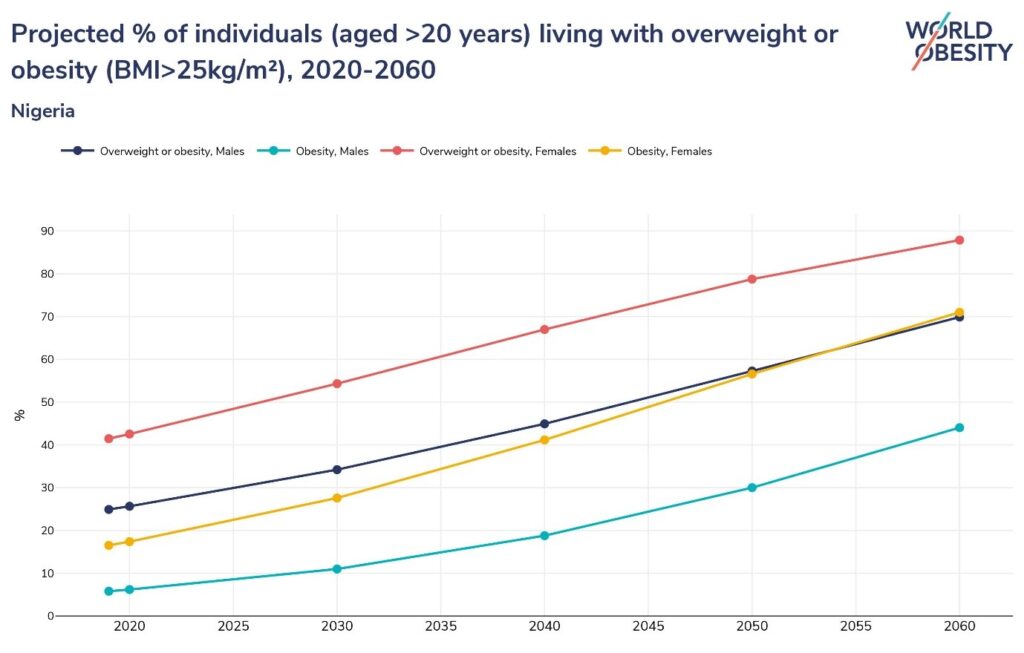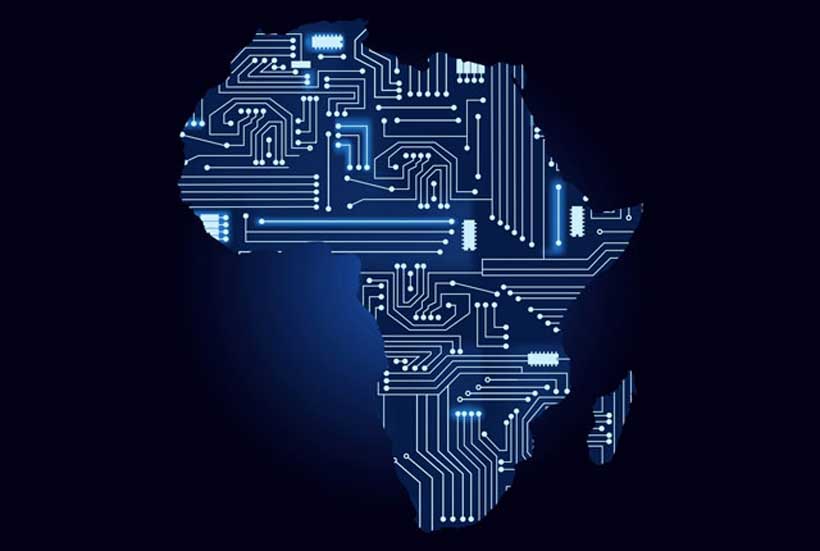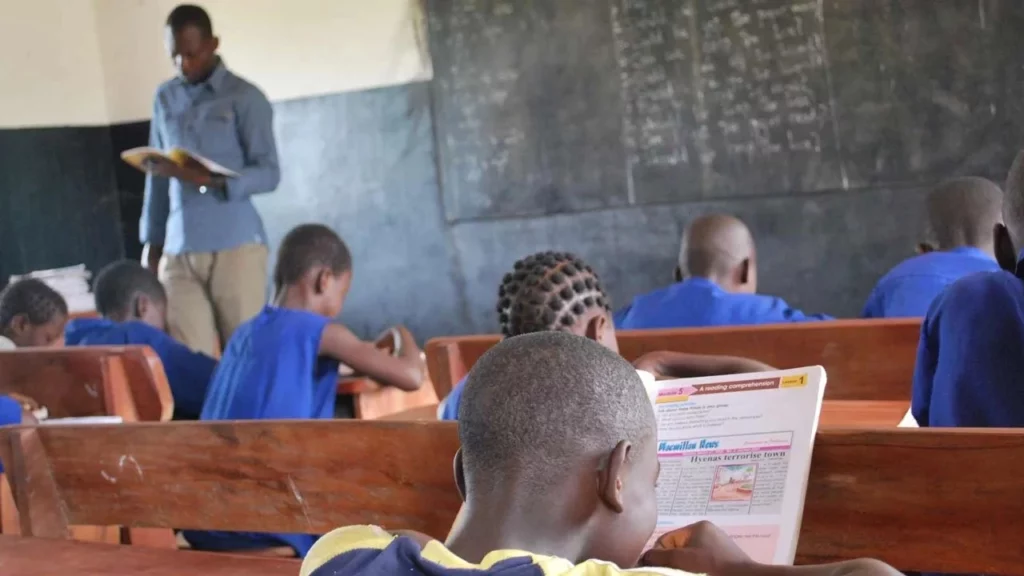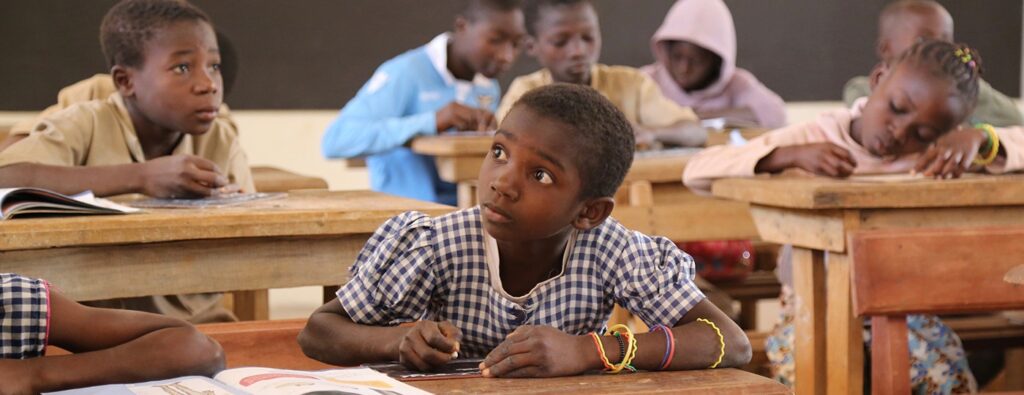Building a more Inclusive Digital Future for Women in the Global South
The advent of digital innovation has revolutionised our world, bringing immense benefits to individuals, societies, and economies. It has boosted efficiency and productivity and fostered opportunities for creativity and expansion. Additionally, it has facilitated connectivity, broken down geographical barriers, and enabled cultural exchange. The development of digital innovation has also unlocked new opportunities, particularly in areas such as artificial intelligence, big data, and the Internet of Things (IoT). These technologies have enormous potential to transform entire industries, paving the way for novel economic growth and value creation.
Despite the far-reaching benefits of the digital revolution, some segments of the world population, notably southern women as compared to women in the Global North, have not been able to leverage these benefits fully. Gender digital exclusion, a phenomenon where women and girls are disproportionately left behind in accessing and using digital technologies and services, is a pervasive problem hindering the realisation of a fully inclusive digital future.
Barriers to Women's Full Participation in Digital Space: Social, Economic, and Cultural Factors
The reasons for gender digital exclusion are numerous and complex. Traditional gender roles, limited access to technology and internet connectivity, online harassment and violence, and a lack of female role models are just a few of the factors that contribute to this issue. Traditional gender roles and societal expectations often constrain women and girls from participating in digital innovation. This Issue emanates from factors such as power hierarchies, gender stereotypes and social views about the internet and technology within the household and society. For instance, in most households in the Global South, gender and age pose as factors which determine who is given priority to use digital tools within the family; elder female siblings had less time to use digital devices as they were given more domestic and care tasks. Yet another social norm – low confidence among women in using digital tools- prevents women and girls from pursuing more complex digital tasks and creates a gender gap in digital literacy that hinders their ability to participate fully in the digital economy.
Gender-based discrimination within the digital industry is another significant factor contributing to gender exclusion in the digital space. Women and girls frequently encounter biases and discriminatory practices, hindering their access to equal opportunities and resources. These include unequal pay, limited job opportunities, and a lack of representation in leadership roles.
Access to technology and internet connectivity significantly limit southern women’s participation in digital space. Many women and girls in the global south still lack access to basic technology and internet connectivity. A report from OECD indicated that South Asia Women are, on average, 70% less likely than men to have a smartphone, while Africa’s estimate is 34 per cent . One reason for this could be their exclusion from economic activities. This will ultimately make them unable to afford the cost of technology and internet connectivity. The high cost of digital devices and infrastructure can be a significant barrier to access, particularly in rural areas. This limits their ability to use digital services and participate in digital innovation.
There are also issues around online harassment and the lack of female role models. For the former, women and girls are disproportionately affected by online harassment and violence, which deters them from participating in digital spaces and expressing their views online. For
instance, the issue of cyberbullying - women in the global south are often targeted with cyberbullying, which can take many forms, including online hate speech, revenge porn, threats, and harassment. This has a significant impact on women’s mental health and well- being. For the latter, women are underrepresented in the digital industry, indicating few female role models for women and young girls to look up to, thereby limiting their motivation to pursue a career in technology and innovation. These barriers are particularly acute for women in the Global South, where poverty, inequality, and social and cultural norms restrict their access to education, healthcare, and other basic services.
The High Stakes of Gender Digital Exclusion: Consequences for Women and Development
Gender digital exclusion, the unequal access to and use of digital technologies and services, has far-reaching consequences for women and girls. These consequences include limited access to information, affecting their ability to make informed decisions on important issues such as health, education, and employment. The lack of access to digital technology and skills limits women's economic opportunities, perpetuating gender-based economic inequalities and impeding economic growth in the long term. Women excluded digitally face challenges in accessing critical services such as healthcare and education and participating in political processes.
Digital exclusion can have significant implications for women's ability to participate in public life and advocate for their rights and interests. In today's world, digital platforms and technologies have become essential tool for civic engagement, allowing people to express their opinions, organise collective action and socialise. Women who lack access to digital technology and skills may be unable to participate in this digital sphere, limiting their ability to engage in important public debates, advocacy efforts and entertainment. For instance, in Nigeria, digital platforms like Twitter have become critical tools for organising and mobilising social and political movements sharing information and resources related to human and women's rights. Women who lack access to these platforms may be unable to participate in these important initiatives, leaving them marginalised and disempowered. Furthermore, digital technology has become an important tool for political participation, allowing citizens to engage with their elected representatives, share their opinions on policy issues, and participate in political campaigns. Women who lack access to digital technology may be unable to participate in these important political processes, limiting their ability to advocate for policies that reflect their interests and needs.
Finally, exclusion from digital spaces can limit women's ability to contribute to innovation and development in their communities and countries. When women are excluded from digital spaces, their perspectives and experiences are not represented, and this can lead to a lack of creativity and diversity. Creativity and diversity are crucial for innovation because they bring together different ideas, perspectives, and experiences to create new solutions and approaches to problems. Women's unique perspectives and experiences are not considered when they are excluded, limiting innovation and development.
Actions to Address Gender Digital Exclusion
To address this issue and build a more inclusive digital future for women, there is an urgent need to prioritise women's representation and participation and address digital inequality. Southern women must be included in decision-making and given an equal voice in shaping digital policies and programs. This can be achieved through formal mechanisms such as quotas and more informal approaches such as involving women's organisations and networks.
In addition, Southern women in the Global south should be provided with the necessary skills and resources to participate effectively in the digital economy. This can include digital literacy programs, access to technology, and mentorship opportunities. Support networks, such as online platforms and community-based initiatives, can help Southern women overcome the challenges they face in accessing and participating in the digital economy.
To ensure that women and girls across the Global South have equal rights to an open, safe, and free digital space, it is crucial to collaborate with various stakeholders, including governments, the private sector, civil society organisations, and organisations academic institutions. Only by working together can we ensure that the Global South's women are not marginalised and have an equal opportunity to participate in the digital economy. Another way to tackle this is by safeguarding digital rights and liberties by enacting legislation that prohibits cyberbullying. Also, establishing an online law enforcement monitoring unit will help promote digital safety for women.
Building a more inclusive digital future for women is not only a matter of social justice but also critical for achieving sustainable and equitable development. We can unlock their full potential and accelerate progress towards the Sustainable Development Goals by enabling women and girls to access and use digital technologies and services. It is time to act and ensure that the digital revolution benefits everyone, including the most marginalised and vulnerable.


 English
English
 Arab
Arab
 Deutsch
Deutsch
 Português
Português
 China
China





